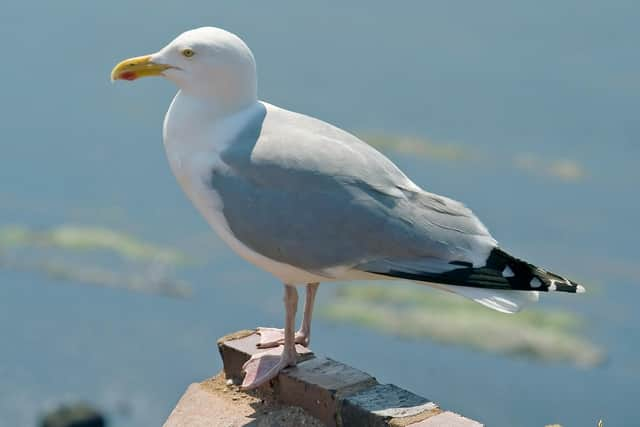Passions: How can we hate seagulls when they are just like us?
They are just gulls – such as herring or black headed.
For years now, I have been a firm coastal resident – a coaster, if you like – and live alongside these noisy, messy creatures. Or are they just living next to me? On the coast, where life and livelihood is forged on that sometimes very fragile frontier between land and sea, it is surely a shared territory. I’m in their bit, and they are in mine.
But not all agree. At this time of year, when chimneys tops are commandeered for nests and the skyline is decorated with anti-gull devices, there is a definite mobolisation of an anti-gull feeling. People don't like the mess they leave on their cars or the racket at sunrise. As the summer wears on, the gulls can go into divebombing mode, particularly if a fledgling comes out its nest and is left wandering, unable to fly, at ground level. One year, my mum’s neighbour could only leave her house under the cover of an umbrella, such was the threat from above. Certainly, things seemed to have come to a head in Buckie earlier this month, as they sometimes do, with the fatal shooting of a gull now being investigated by police.


Advertisement
Hide AdAdvertisement
Hide AdAs gulls are edged out, of course they try and hold firm. Last summer, I was in my garden and noticed a family of gulls nesting among a brutal looking assemblage of spikes, the young sitting among them, all incongruously fluffy, as mum and dad kept guard. Like ghetto gulls, they have been pushed to the fringes but are still surviving against the odds.
Some people think that gulls are just not that nice a bird. That riotous squawking in the morning is usually the call of them protecting their young chicks, which neighbouring gulls are known to eat. Which parent wouldn’t protect their young against cannibalism?
Gulls are well known to scavenge just about anything. For years, I thought the little red flick on a herring gull’s beak was a spot of ketchup from a chucked McDonalds wrapper. But beware those who decry these 'flying rats’ as a recent study found out that a gull's sense of entitlement to a diverse diet is simply because they are copying us, how we eat and how we behave. Maybe we are more like the much-maligned gull than we might like to think.